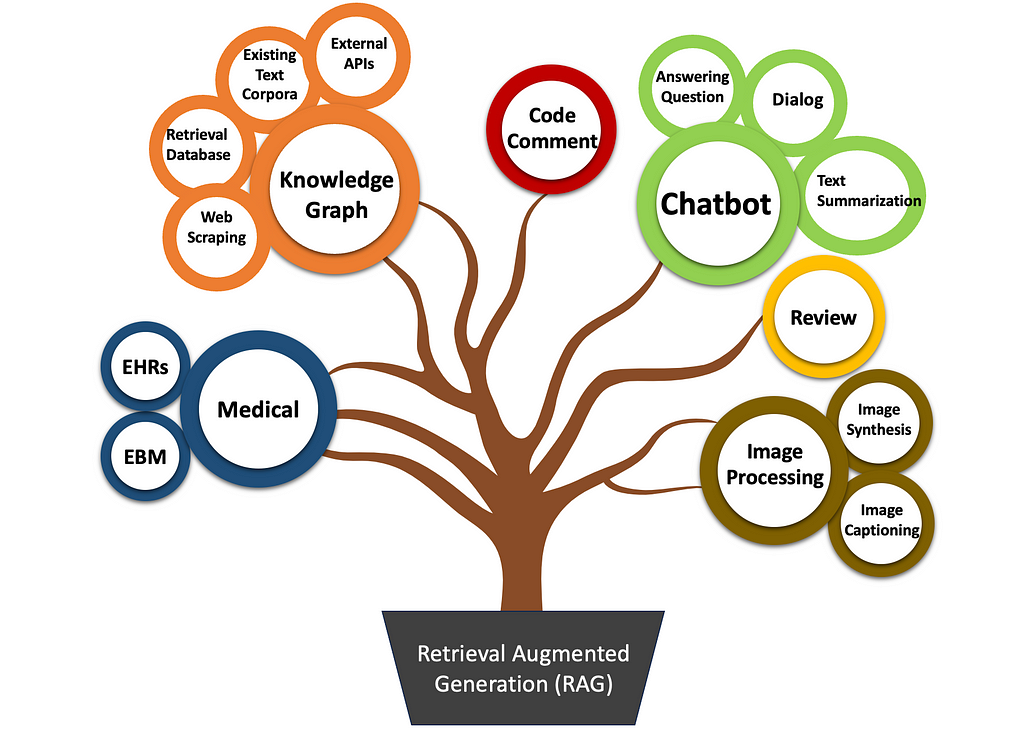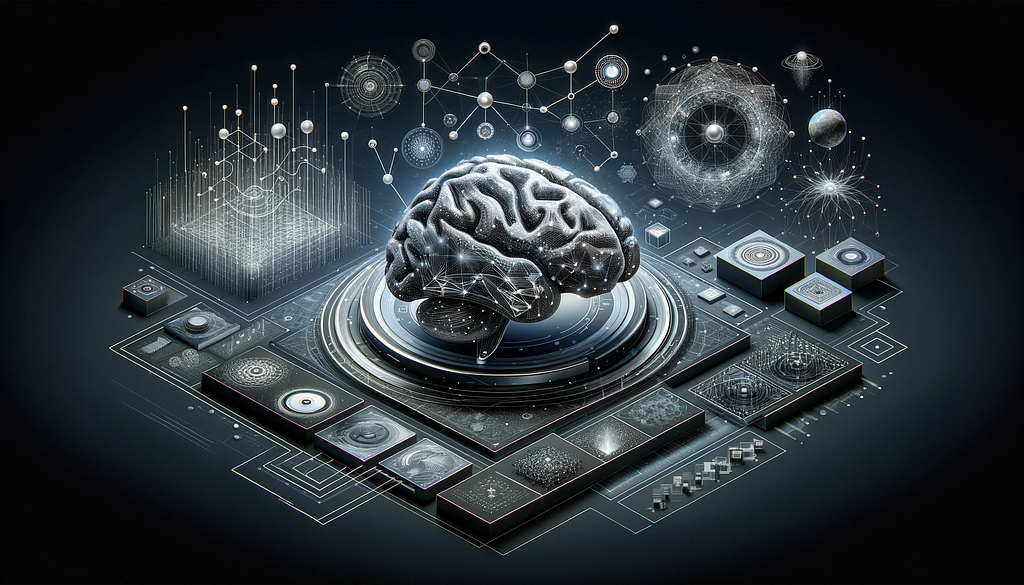
Latest findings in multiple research directions for tackling reasoning and common sense challenges Author: Xuzeng He ( ORCID: 0009–0005–7317–7426) Knowledge Graphs, such as Wikidata, contain rich relational information between entities and have been widely used as a structured format for storing and representing relational information.








